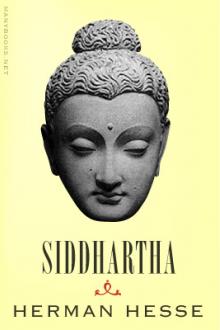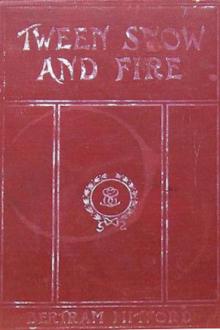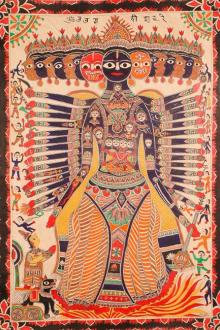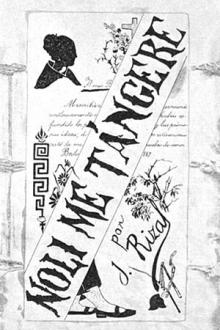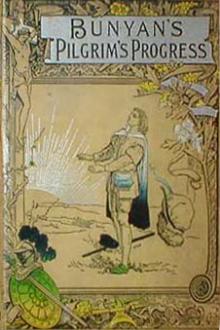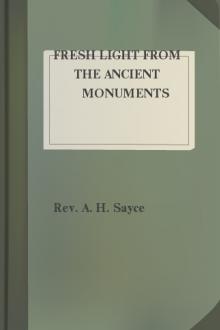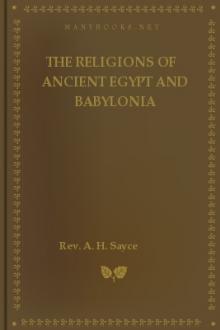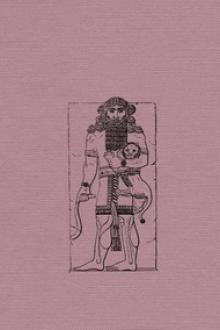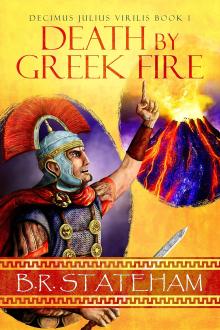Babylonians and Assyrians, Life and Customs
Babylonians and Assyrians, Life and Customs
Though of no use to the student of folklore (there isn't even a bibliography), it is brightly written and clear, full of quaint things which bring home to us the life of the Euphrates valley four or five thousand years ago.
Book Excerpt
ic race, and the languages they spoke were but varieties of the same family of speech. It is probable that such was the case with the Kaldâ, who lived in the marshes at the mouth of the Euphrates, and from whom classical geography has derived the name of Chaldean. The extension of the name to the whole population of Babylonia was due to the reign of the Kaldâ prince, Merodach-baladan, at Babylon. For years he represented Babylonian freedom in its struggle with Assyria, and his "Chaldean" subjects became an integral part of the population. Perhaps, too, the theory is right which makes Nebuchadnezzar of Kaldâ descent. If so, there is a good reason why the inhabitants of Babylonia should have become "Chaldeans" in the classical age.
Of wholly different origin were the Kassites, mountaineers from the east of Elam, who conquered Babylonia, and founded a dynasty of kings which lasted for several centuries. They also gave their name to the population of the country, and, in the Tel-el-Amarna
FREE EBOOKS AND DEALS
(view all)Popular books in History, Religion
Readers reviews
0.0
LoginSign up
Be the first to review this book
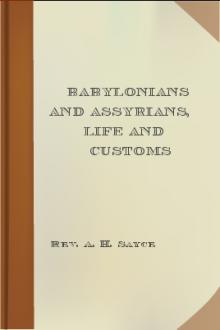
 Free Download
Free Download











